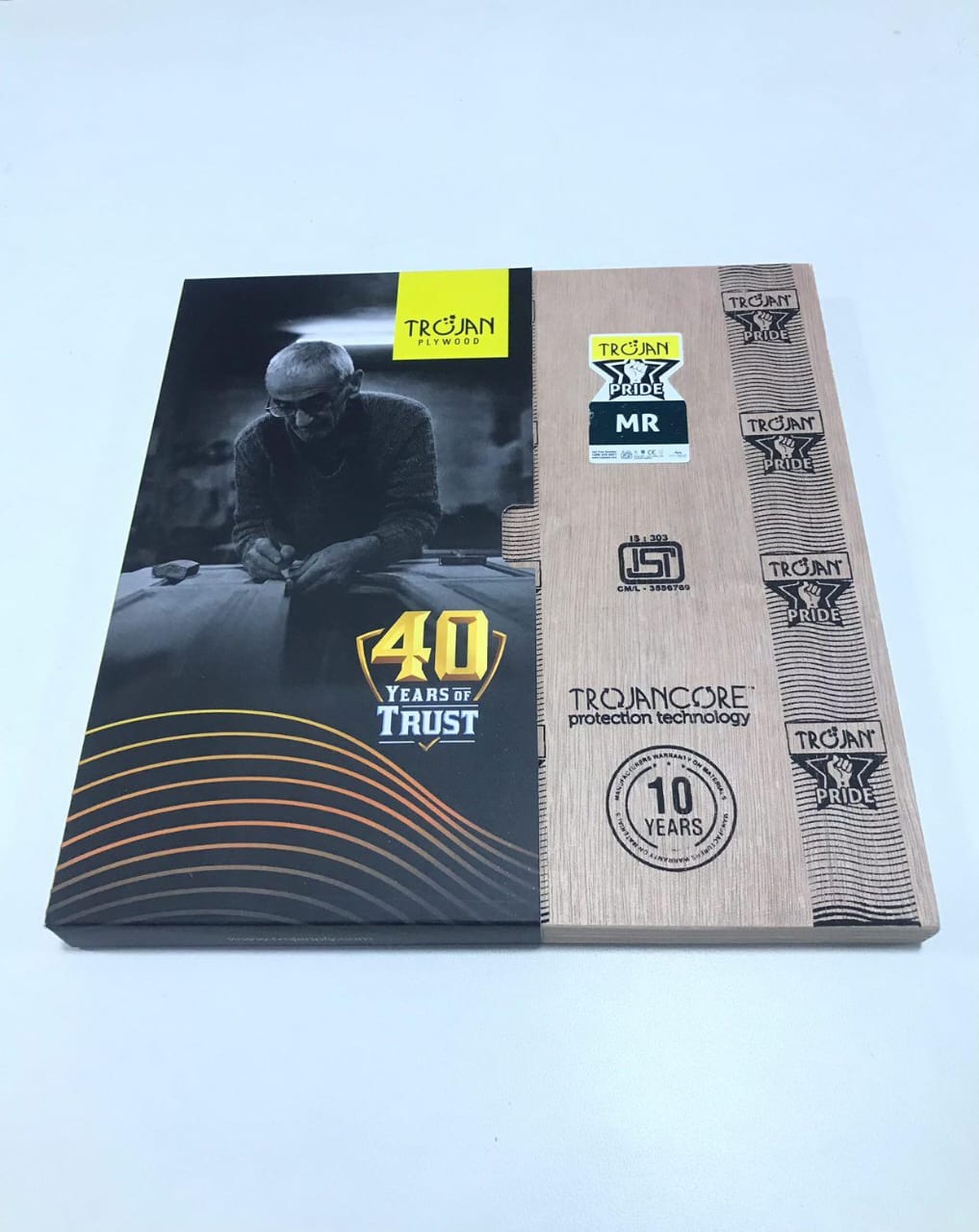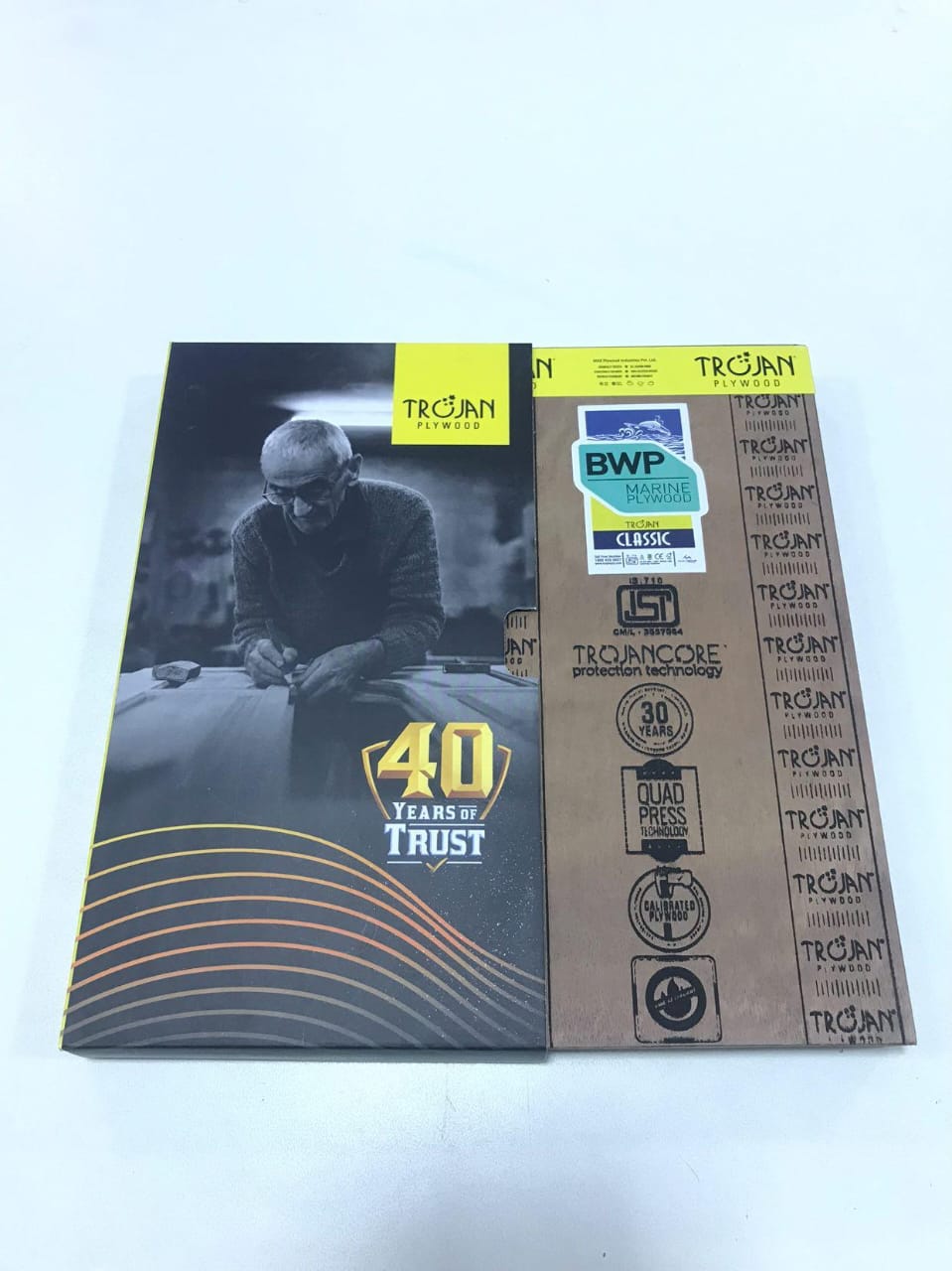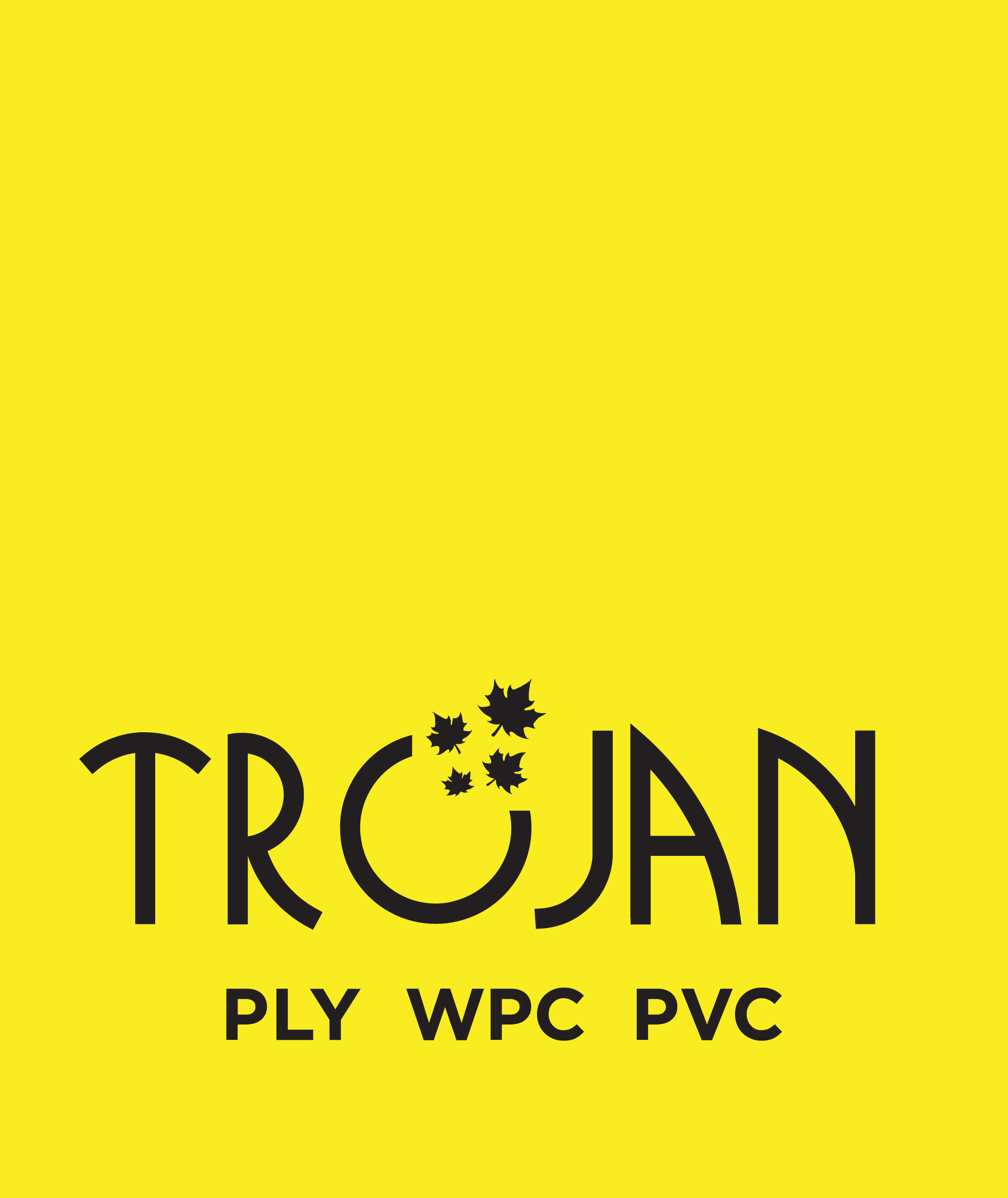Introduction:
It’s important to understand the grading system while selecting plywood for your building or woodworking projects. Reputable in the business, Trojan Plywood provides a variety of plywood products in different grades to fit a range of uses. We’ll explore the world of plywood grades in this post, with a particular emphasis on Trojan Plywood and how their grading system could impact your project.
What Are Plywood Grades?
Plywood is a multipurpose building material composed of thin wood veneer layers glued to one another. Plywood’s grading, which takes into account both the product’s look and its structural integrity, determines its quality. Like many other producers, Trojan Plywood grades its plywood according to industry standards for both quality and intended application.
The 5 Grades of Plywood
Plywood grades are a representation of the quality and look of the sheet’s face and back plies. Trojan Plywood offers a range of grades to meet diverse requirements.
A Grade: Highest Quality
- Characteristics: flawlessly sanded and free of flaws.
- Applications: Adequate for clean finishing.
- Real-world Example: Superior plywood designed for premium applications.
B Grade: Solid Surface
- Characteristics: smooth but has some flaws.
- Applications: Repairs made with visible patches or wood filler.
- Real-world Example: Perfect for applications where a solid surface is required.
C Grade: Unsanded with a Few Flaws
- Characteristics: Requires DIY repairs, including splits and knots.
- Applications: Frequently utilized in areas like flooring where sheets won’t be seen.
- Real-world Example: DIY enthusiasts often opt for C Grade for hidden structural parts due to its cost-effectiveness.
D Grade: Least Expensive
- Characteristics: Unsanded with obvious flaws.
- Applications: The most affordable option for applications that are hidden.
- Real-world Example: D Grade plywood is widely used in subflooring applications when visual appearance is not a major concern.
Discover the versatility of Trojan Plywood grades with these real-world applications:
Premium Furniture Crafting:
- A-grade plywood excels at creating elegant and quality furniture, with a flawless surface that appeals to selective clients.
Custom cabinetry:
- B Grade plywood, with its firm surface and repairable faults, is an excellent choice for custom cabinetry requiring a smooth, presentable appearance.
DIY Flooring Projects:
- C Grade plywood, with its DIY repairability, is suitable for DIY flooring projects where defects are not visible.
Budget-friendly Subflooring:
- D Grade plywood becomes the preferred choice for low-cost subflooring solutions, integrating economy and functionality.
Grades of Plywood
1. Moisture Resistant (MR) Grade Plywood/ Commercial Plywood:

Commercial plywood refers to the grade of plywood, generally referring to MR (Moisture Resistant) grade plywood. This type is generally considered the most affordable option in the market.
Moisture-resistant (MR) Grade Plywood is a great material for indoor applications because of its exceptional resistance to moisture and humidity.
Although MR plywood—also known as commercial plywood—offers sufficient defense against ambient moisture, it should be noted that it is not completely waterproof. Adhering to IS 303 standards, MR plywood’s thickness options span from 3mm to 25mm, providing a balance between price and versatility.
For indoor furniture and structures that won’t be in direct contact with water, this grade is ideal. With costs per square foot ranging from Rs. 40 to 189, MR plywood is an affordable option for a variety of furniture and building applications.
2. Boiling Waterproof (BWP) Grade Plywood:

Boiling Waterproof (BWP) Grade Plywood, sometimes called Marine Grade Plywood, is the highest grade and strongest plywood available. BWP plywood, made from a single select hardwood species and bonded using boiling water-proof synthetic undiluted phenol formaldehyde adhesive, is the preferred material for marine applications such as ship and boat building.
This premium-grade plywood, known for its outstanding water resistance and durability, is available in thicknesses ranging from 6mm to 19mm, according to IS specifications.
Despite its greater price, which ranges from Rs. 52 to 300 per square foot, BWP plywood is the ideal alternative for projects that require the highest level of water resistance and structural strength.
Factors Determining Plywood Quality
Several factors contribute to the overall quality of plywood, which influences the given plywood grades.
1. Overlappings:
- The lesser the overlapping of sheets, the better the quality.
2. Core gaps:
- Gaps greater than 2mm-3mm indicate low quality.
3. Nail holding capacity:
- The functionality of plywood is determined by its ability to hold nails.
4. Weight:
- Plywood in India is certified by the Indian Institute of Standards.
- There are different standards for various plywood grades.
Conclusion:
Trojan Plywood’s commitment to quality is obvious in its selection of plywood grades. Understanding the distinctions between A, B, C, and D grades allows you to make an informed selection depending on your project’s specific requirements. Whether you’re making elegant furniture or building a durable subfloor, Trojan Plywood offers a grade that meets your needs, delivering a successful and long-lasting outcome.



